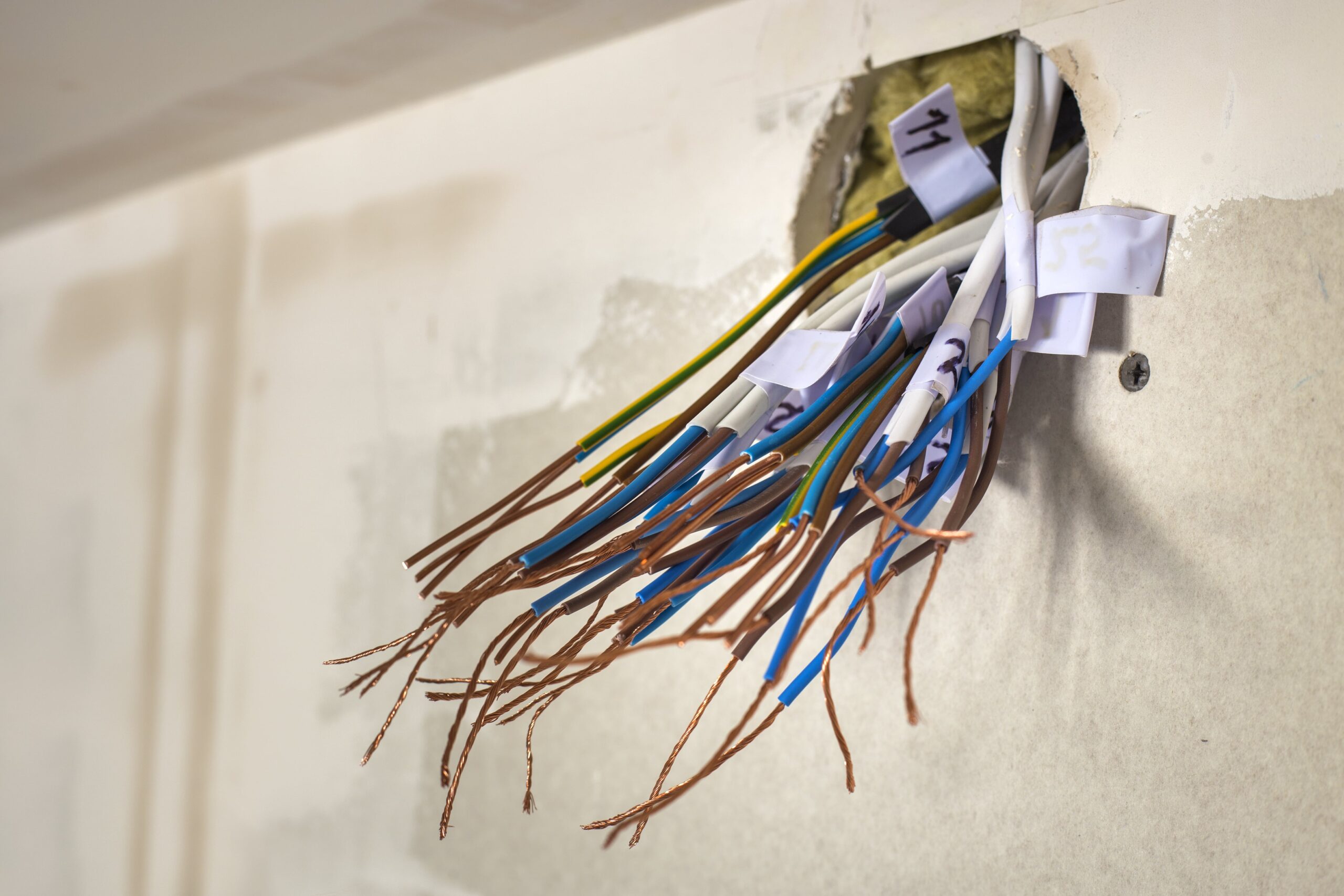Electricity is the heartbeat of any modern home, powering everything from the smallest appliances to the largest systems. But like anything else, electrical wiring does not last forever. Understanding when and why your home might need electrical rewiring is crucial to maintaining its safety and functionality. This guide will delve into the key indicators that signal the need for rewiring and the benefits it can bring to your household.
Recognizing the Signs for Rewiring
Frequent Electrical Problems
If you find yourself frequently resetting circuit breakers, noticing flickering lights, or replacing blown fuses, it’s a clear sign that your home’s wiring may not be up to par. These issues often point to an overloaded electrical system or aging wires that can no longer handle your electricity demands.
Age of Your Home
Homes that are 40 years old or more may have outdated wiring systems like knob-and-tube or aluminum wiring, which do not comply with current safety standards. Upgrading to copper wiring is a smart move to ensure safety and efficiency.
After Major Renovations
If you’ve recently undertaken major home renovations, particularly if they include adding new appliances or systems, your current wiring may need an upgrade to handle the increased load.

The Why: Benefits of Electrical Rewiring
Improved Safety
One of the most compelling reasons to rewire your home is safety. Old, degraded wiring can pose fire hazards and risks of electrical shocks. Rewiring eliminates these dangers, giving you peace of mind.
Enhanced Electrical Capacity
With the ever-increasing number of gadgets and appliances in our homes, the demand for power is at an all-time high. Rewiring allows you to customize your electrical system to suit your current and future needs, ensuring you have a sufficient and well-distributed supply of electricity.
Increased Home Value
A home with updated, compliant electrical wiring is a more attractive prospect for potential buyers. It indicates that the property is well-maintained, safe, and ready to accommodate modern living.

Preparing for Rewiring: What You Should Do
Hire a Professional Electrician
Electrical work is not a DIY task. Hiring a licensed electrician who understands the complexities of home wiring and local codes is essential.
Plan for the Process
Rewiring a home can be disruptive. It may involve cutting into walls, lifting floors, and some temporary loss of power. Planning for these disruptions will help you manage your daily life during the process.
Finishing Touches After Rewiring
Smart Home Upgrades
Having a list of questions or concerns written down means you won’t forget to address any points during the visit. Whether it’s about potential upgrades, safety concerns, or maintenance tips, your electrician can provide valuable advice.
Ensure Someone is Home
Be Available for Queries
Post-rewiring is an excellent time to consider integrating smart home technologies. This could include smart switches, outlets, and energy-efficient systems that can enhance the functionality of your home.
Conclusion
The decision to rewire your home is a significant one, but recognizing the signs and understanding the benefits can make that decision easier. With improved safety, increased capacity, and the potential for smart home upgrades, rewiring your home can be a sound investment into your property’s future.
Is your home showing signs that it’s time for rewiring? Don’t wait until problems escalate. Contact us to schedule a consultation and ensure your home is safe and capable for years to come. For more information on electrical safety, explore our insightful articles on our blog. Take the proactive step towards a safer and more efficient home with VITI ELECTRIC LLC.

